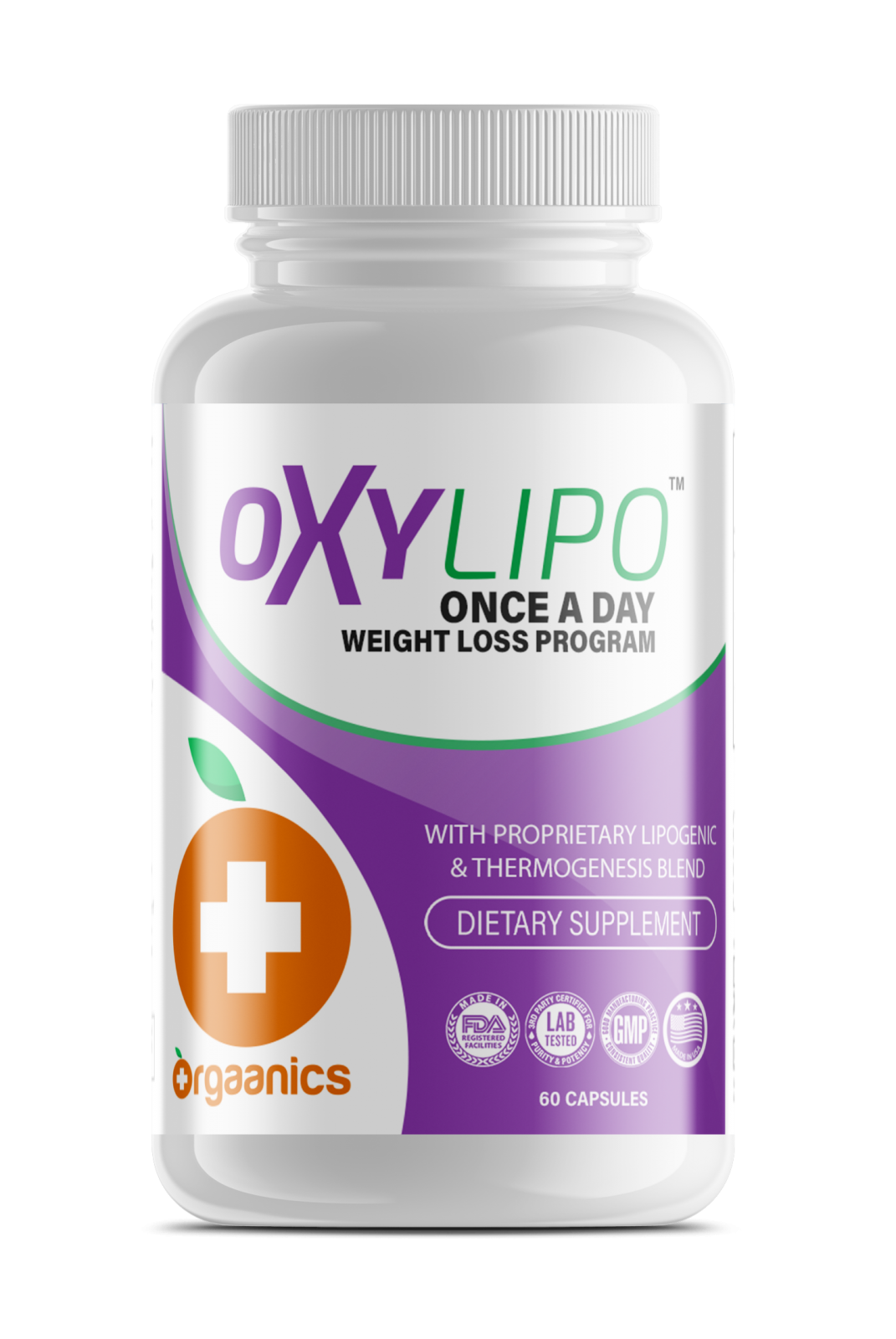If it is tough to manage your weight, you are certainly not alone in today’s world. In fact, more than 39 percent of American adults have obesity. Excess weight may lead to heart disease, type 2 diabetes, kidney disease, and other chronic health problems. Setting goals to improve your health may help you lower the chances of developing weight-related health problems.
How can you tell if you are at a healthy weight?
Your body mass index (BMI) can help you determine if you are at a healthy weight, overweight, or have obesity. BMI is a measure based on your weight in relation to your height. You can use an online tool to calculate your BMI. A BMI of 18.5 to 24.9 is in a healthy range. A person with a BMI of 25 to 29.9 is considered overweight. Someone with a BMI of 30 or greater is considered to have obesity.
Another important measure is your waist size. Women with a waist size of more than 35 inches, and men with a waist size of more than 40 inches, may be more likely to develop health problems. Men are more likely than women to carry extra weight around their abdomen, or belly. Extra fat, especially in the abdomen, may put people at risk for certain health problems, even if they have a normal weight.
What are some health risks of being overweight or having obesity?
Extra weight may increase your risk for:
- type 2 diabetes
- heart disease and stroke
- high blood cholesterol
- high blood pressure
- kidney disease
- fatty liver disease
- problems with pregnancy
- certain types of cancer
Why do some people become overweight?
Many factors, including consuming more calories than you need from food and beverages, lack of sleep, and low levels of physical activity, may play a part in gaining excess weight. Here are some factors that may influence weight and overall health.
- The world around you – Your home, community, and workplace all may affect how you make daily lifestyle choices. Food and beverages high in fat added sugar and calories are easy to find and sometimes hard to avoid. And they often cost less than healthier choices like fruits and vegetables. On top of that, smartphones and other devices may make it easy for you to be less active in your daily routine.
- Families – Overweight and obesity tend to run in families, suggesting that genes may play a role in weight gain. Families also share food preferences and habits that may affect how much, when, and what we eat and drink.
- Medicines – Some medicines, such as steroids, and some drugs for depression and other chronic health problems may lead to weight gain. Ask your health care professional or pharmacist about whether weight gain is a possible side effect of medicines you are taking and if there are other medicines that can help your health without gaining weight.
- Emotions – Sometimes people snack, eat, or drink more when they feel bored, sad, angry, happy, or stressed—even when they are not hungry. Consider whether it might be your emotions making you want to eat, and try doing something else to help you cope with negative feelings or celebrate your good mood. That can help you feel better and avoid weight gain.
- Lack of sleep – In general, people who get too little sleep tend to weigh more than those who get enough sleep. There are several possible explanations. Sleep-deprived people may be too tired to exercise. They may take in more calories simply because they are awake longer and have more opportunities to eat. Lack of sleep may also disrupt the balance of hormones that control appetite. Researchers have noticed changes in the brains of people who are sleep deprived. These changes may spark a desire for tasty foods.3 Learn more about sleep deprivation and deficiency and strategies for getting enough sleep.
Consuming Healthy Food and Beverages
Being aware of food portion size, the kinds of foods and beverages you consume and how often you have them may be a step to help you make healthier food choices.
- Consume more nutrient-rich foods. Nutrients—like vitamins, minerals, and dietary fiber—nourish our bodies by giving them what they need to be healthy. Adults are encouraged to consume some of the following foods and beverages that are rich in nutrients:
- fruits and vegetables
- whole grains, like oatmeal, whole-grain bread, and brown rice
- seafood, lean meats, poultry, and eggs
- fat-free or low-fat milk and milk products; or nondairy soy, almond, rice, or other drinks with added vitamin D and calcium
- beans, peas, unsalted nuts, and seeds
2. Consume less of these foods and beverages. Some foods and beverages have many calories but few of the essential nutrients your body needs. Added sugars and solid fats pack a lot of calories into food and beverages but provide a limited amount of healthy nutrients. Salt does not contain calories, but it tends to be in high-calorie foods. Adults should aim to limit foods and drinks such as:
- sugar-sweetened drinks and foods
- foods with solid fats like butter, margarine, lard, and shortening
- white bread, rice, and pasta that are made from refined grains
- foods with added salt (sodium)
Easy snack ideas
Instead of sugary, fatty snacks, try:
- fat-free or low-fat milk or yogurt
- fresh or canned fruit, without added sugars
- sliced vegetables or baby carrots with hummus
To help you stay in a healthy weight, take OxyLipo. It is a natural supplement containing properties that aid in energy and focus. It works to increase muscle strength, fat metabolization, and increase mental acuity. It’s a perfect supplement for those looking for a high quality thermogenic and lipogenic fat burning supplement. Order OxyLipo from Orgaanics today!

